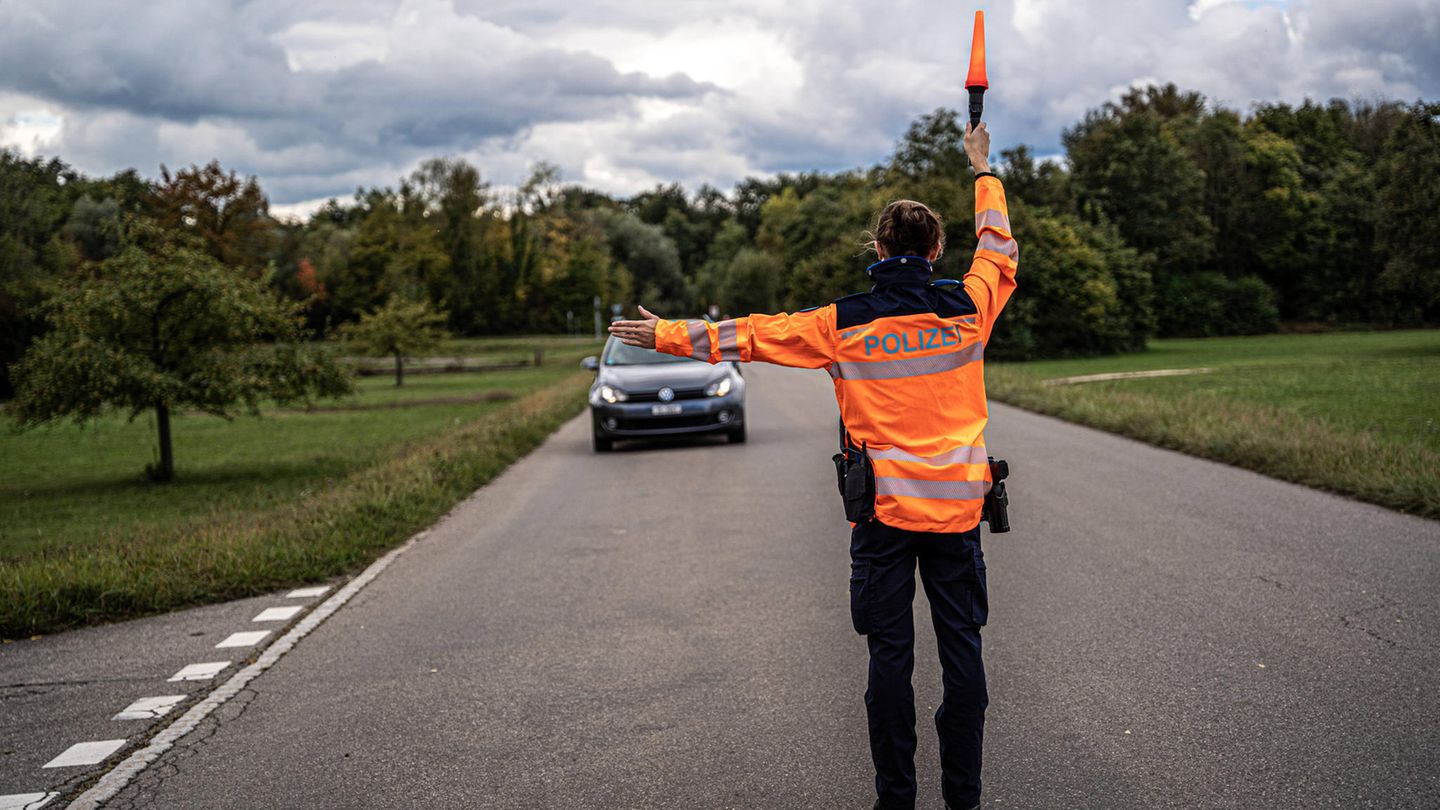Even though fines in Germany were lower a few years ago than they are today, Germans still pay relatively little for traffic offences. Driving 20 km/h too fast outside of town costs 60 euros, and even driving 50 km/h over the limit is relatively easy with 320 euros, two points and a one-month driving ban. The same applies to other offences: 100 euros for using a cell phone while driving, parking bans start at 10 euros, and a red light violation is punished with a fine of 90 and one point. It is only when you violate the blood alcohol limit of 0.5 that things quickly get expensive in Germany: the first time it costs 500 euros, plus two points and a one-month driving ban. If you have a blood alcohol level of 1.1 per mille, the offence is even considered a criminal offence.
The level of the fines is very different in the neighboring countries – and as a vacationer you should definitely know that. Depending on the offense, the fine can blow your vacation budget. And if you think now: “I’m not paying anyway”, you’re wrong. Almost all EU countries can enforce the fines in Germany – including Switzerland. There are different lower limits for this depending on the country, but these are quickly exceeded anyway. At least: driving bans can only be enforced in the respective country, and there are no points in Flensburg for offenses outside of Germany.
Traffic offenders
These car brands lead the Flensburg points ranking
Switzerland is still the leader in terms of penalties. Even though it is more expensive in the Netherlands if you drive 20 km/h too fast outside of town, in Switzerland you are fined if you drive 16 km/h in town or 21 km/h outside of town. The amount of the penalty depends on the individual – and is certainly pretty extreme.
Attention, new drivers: Special rules for novice drivers also abroad
By the way, special rules apply to novice drivers – and this does not only apply to the alcohol limit in some countries. Take France, for example: In the first three years, the maximum speed limit on motorways is 110 km/h, and on dual carriageways it is 100 km/h. This is explicitly the case even if the signs say more is allowed. There are similar rules in Croatia and Italy. By the way: anyone taking part in accompanied driving from the age of 17 is only allowed to drive abroad in Austria. Nowhere else.
The ADAC advises paying fines as quickly as possible, as many countries offer discounts of up to 50 percent to those who pay quickly. This is particularly true for France, Great Britain, Greece, Italy, Slovenia and Spain.
In this gallery you will find out what happens in the neighboring countries if you do not strictly adhere to the traffic regulations.
Source: Stern
I’m a recent graduate of the University of Missouri with a degree in journalism. I started working as a news reporter for 24 Hours World about two years ago, and I’ve been writing articles ever since. My main focus is automotive news, but I’ve also written about politics, lifestyle, and entertainment.




